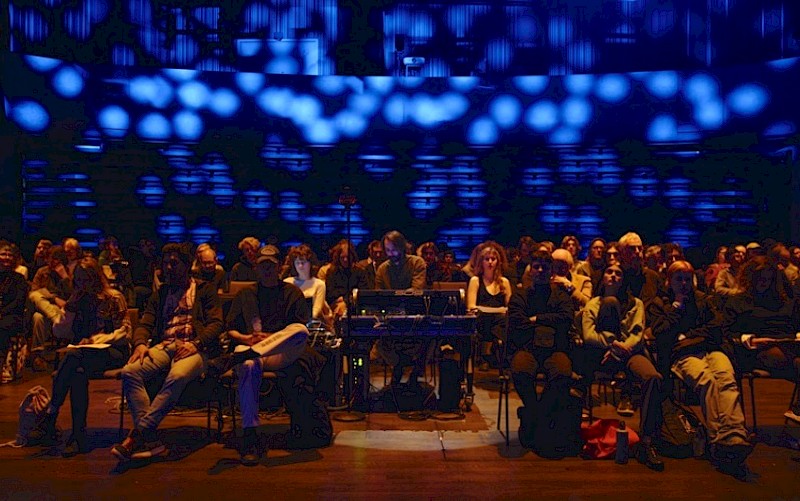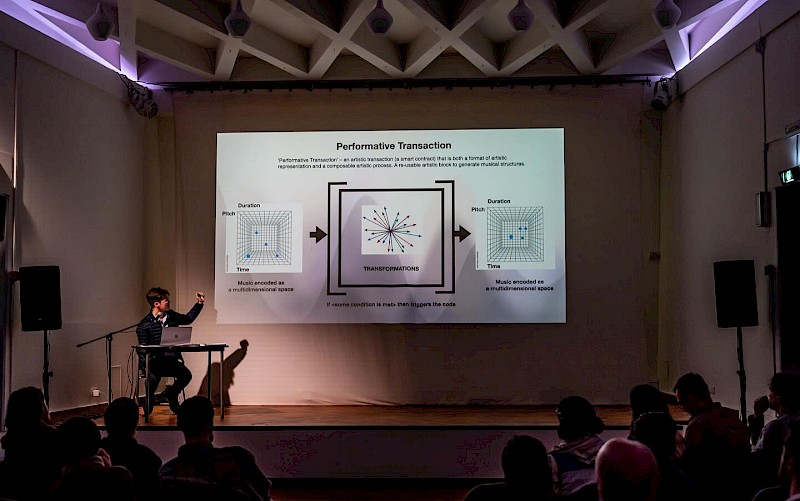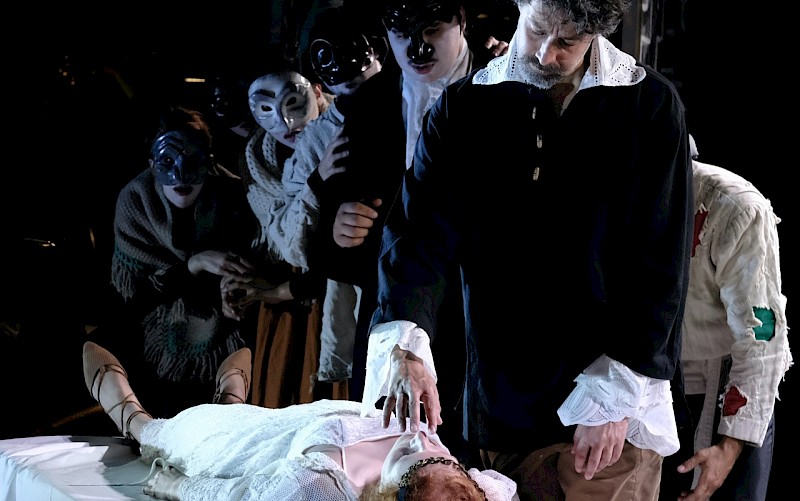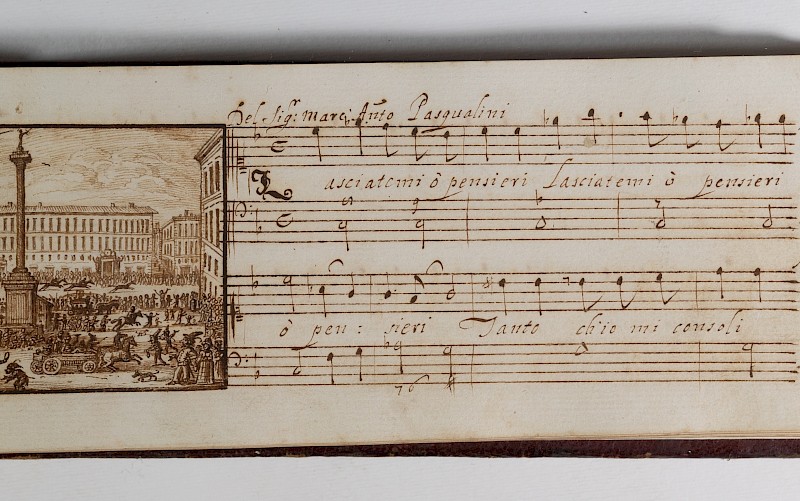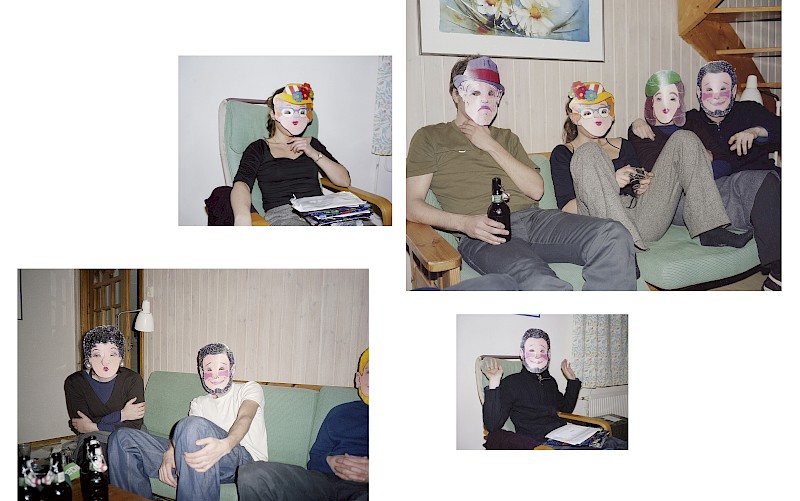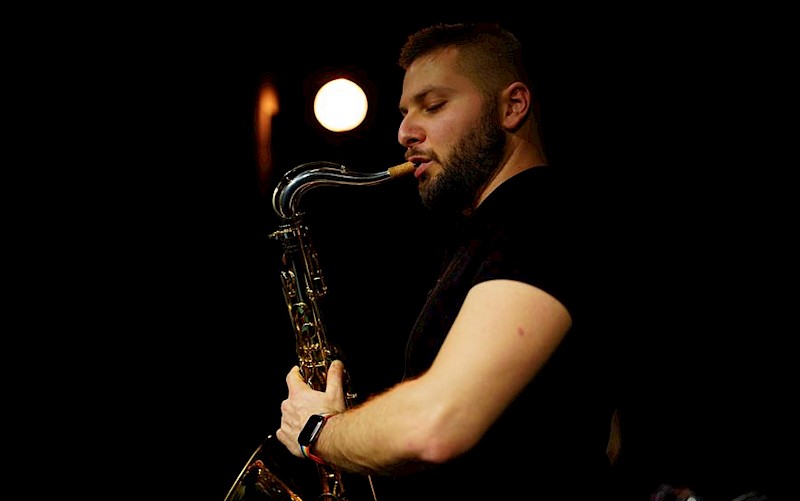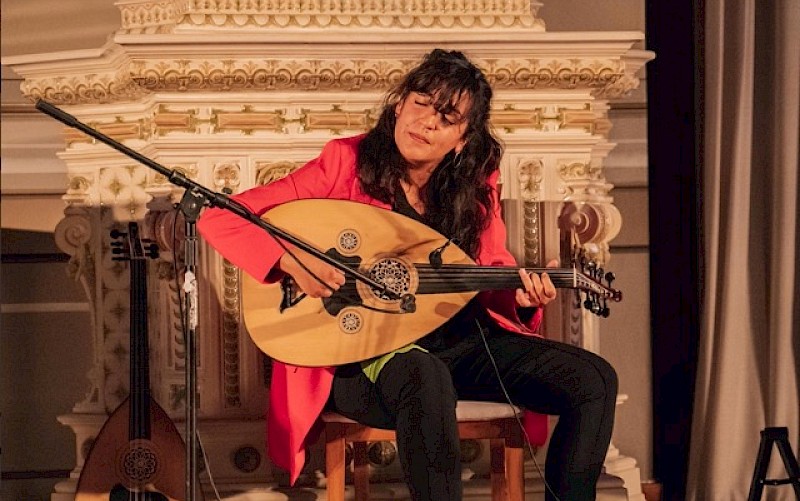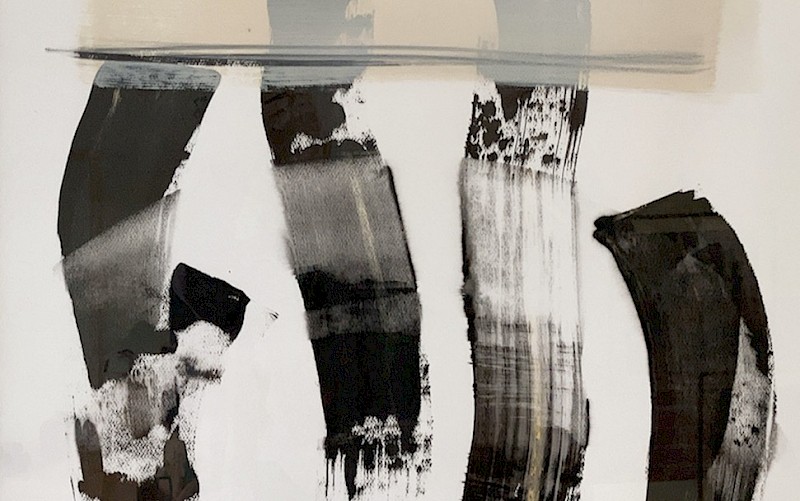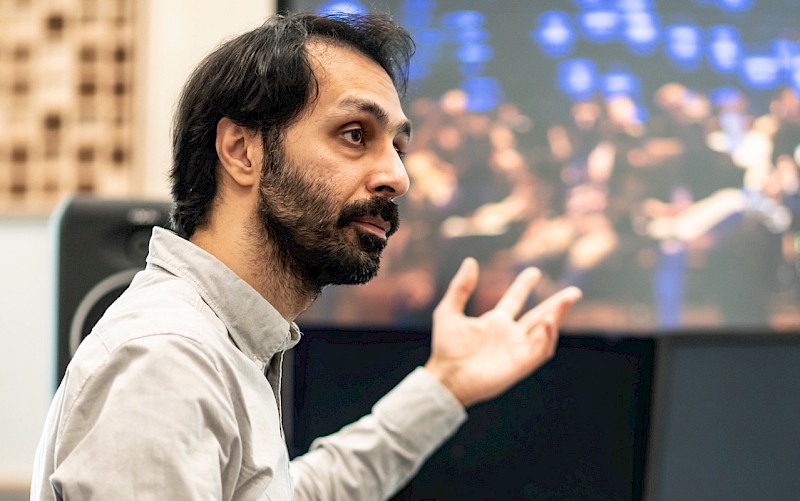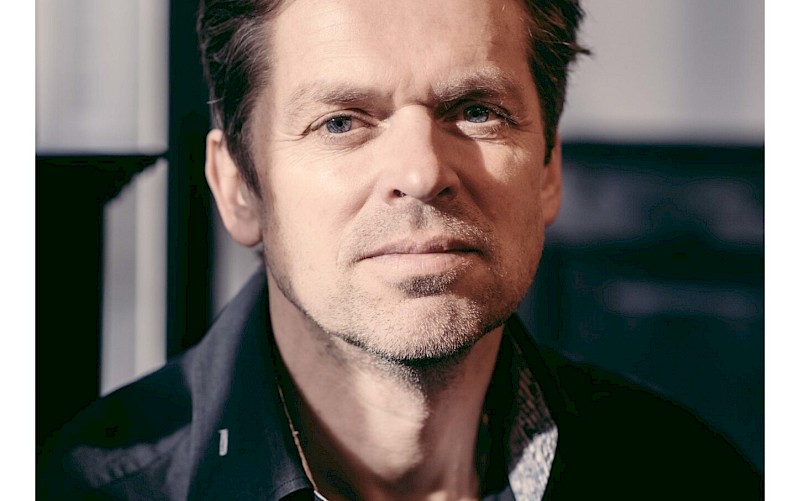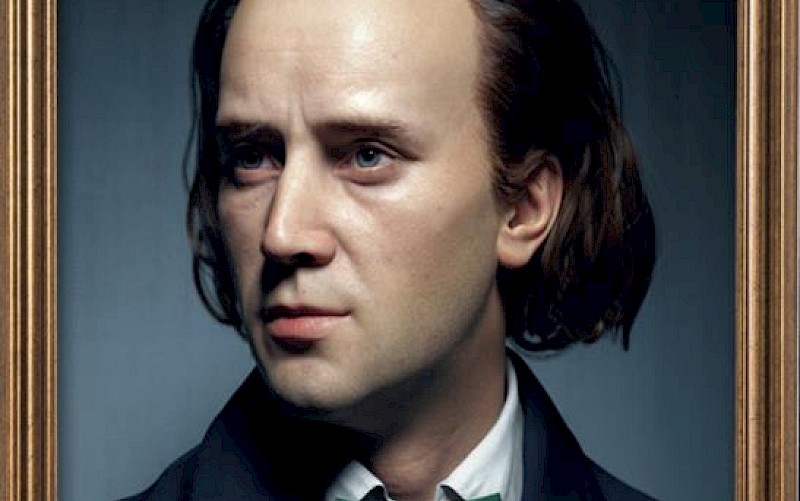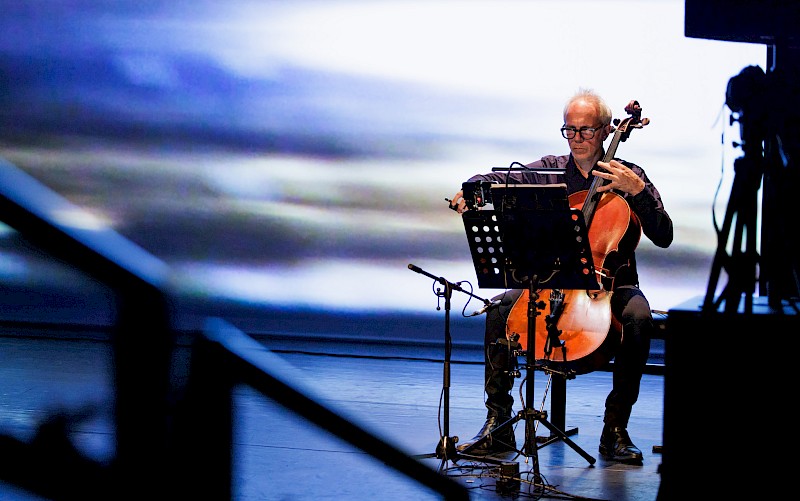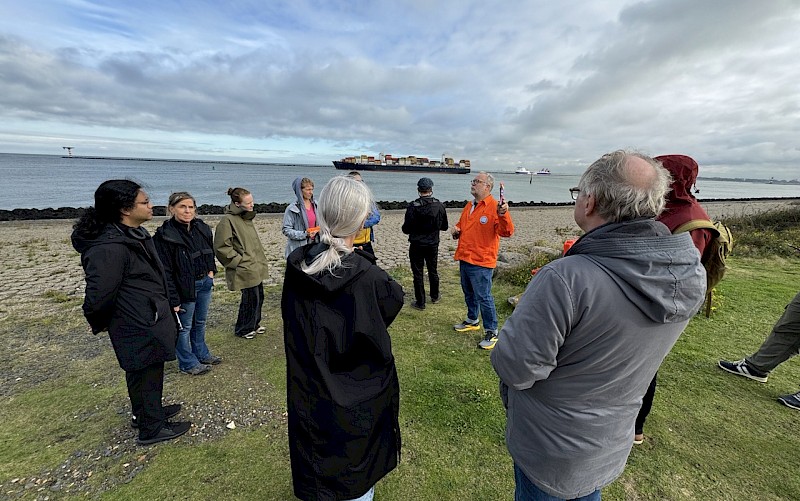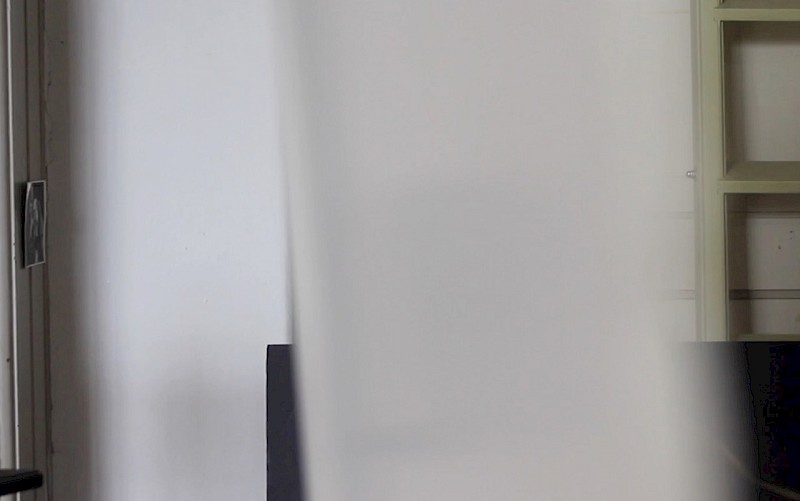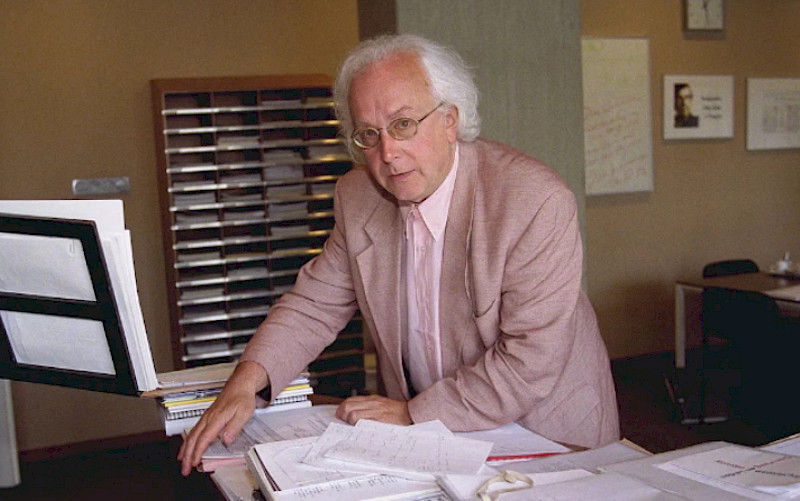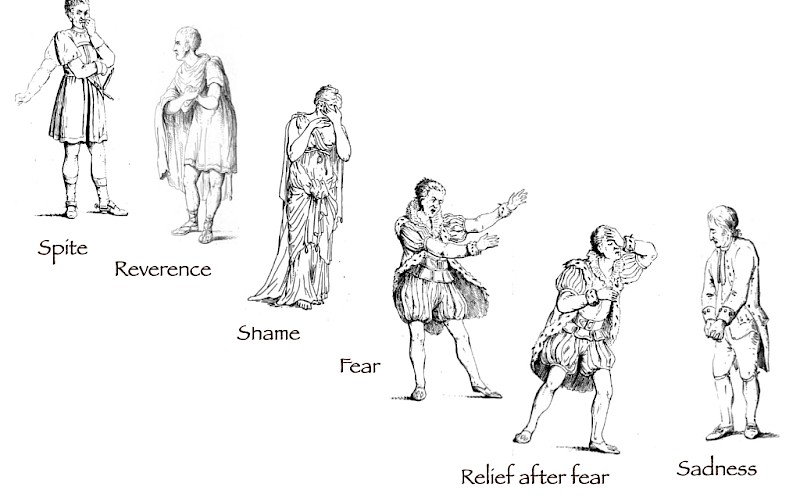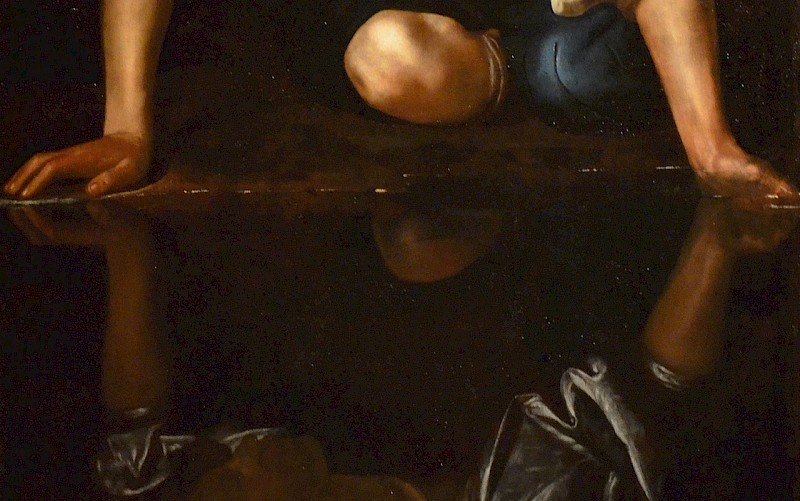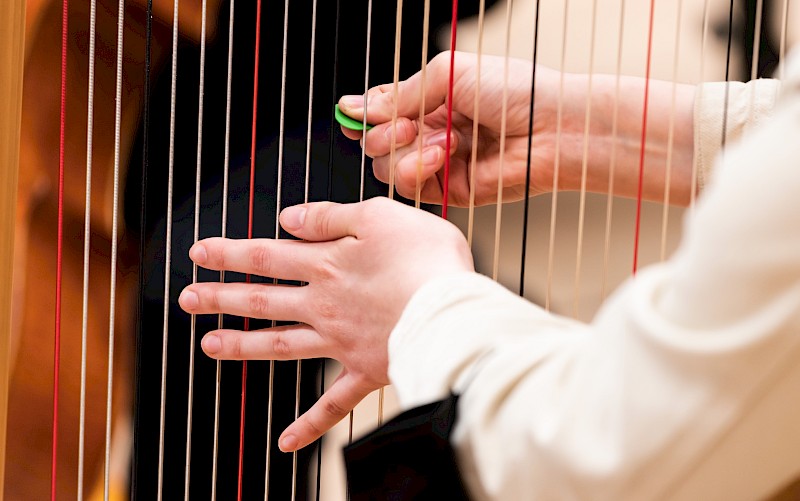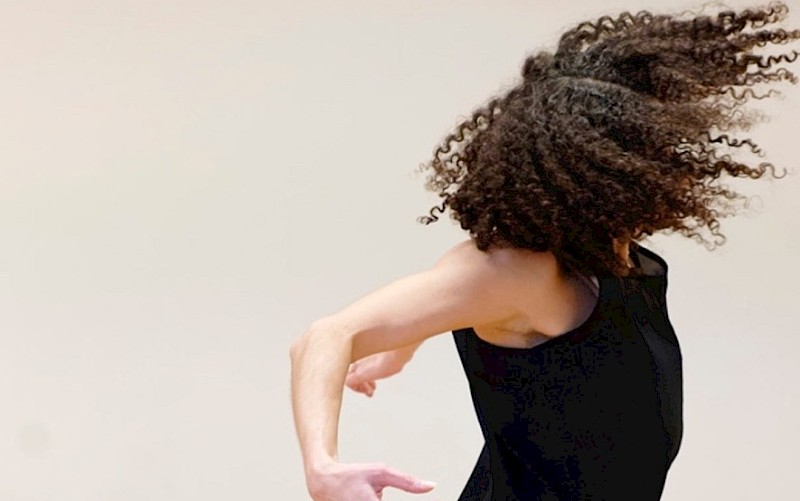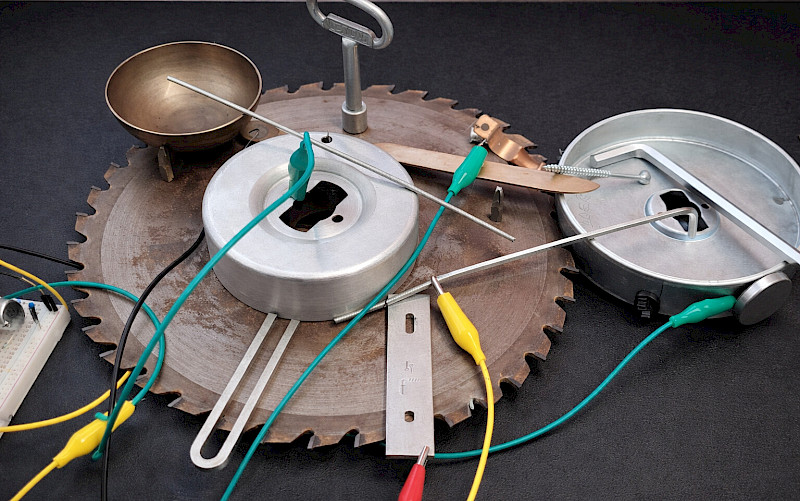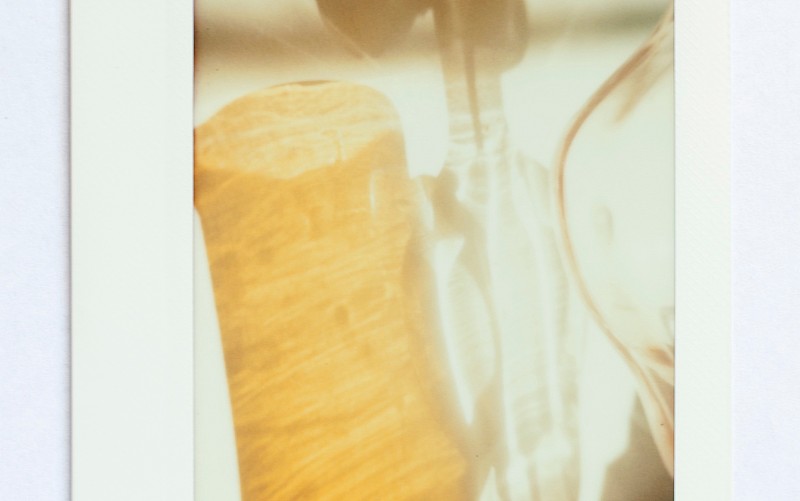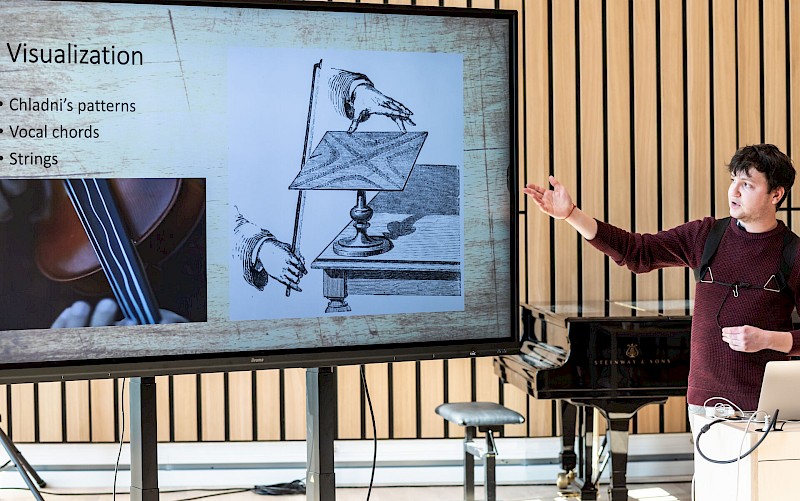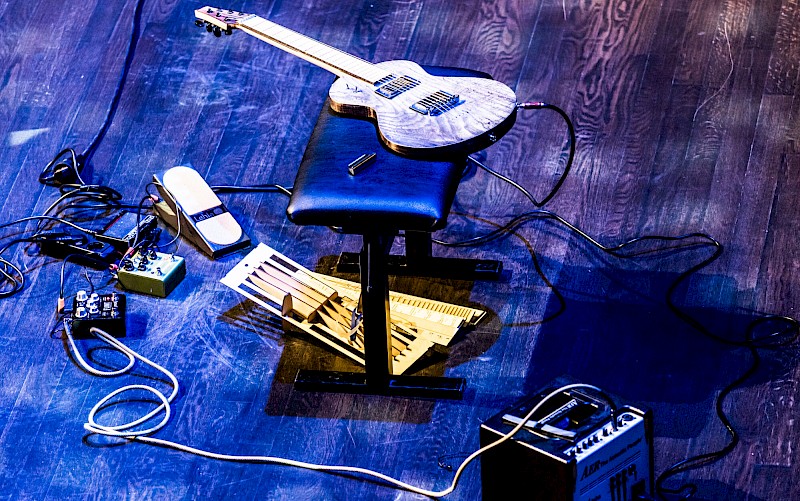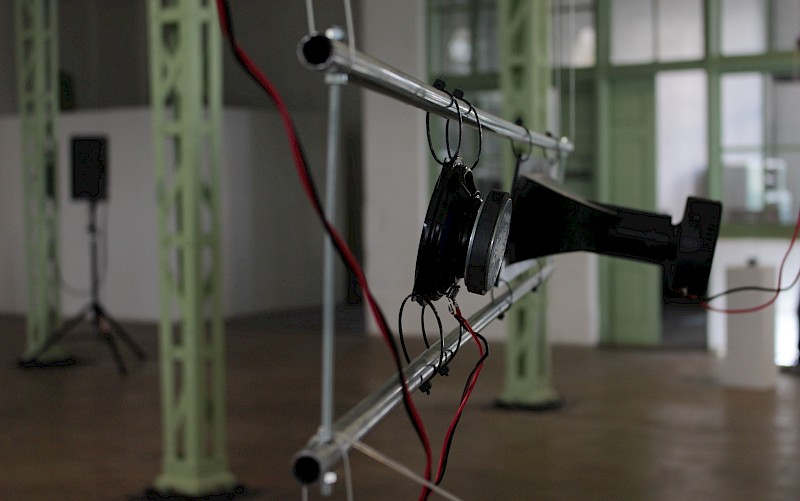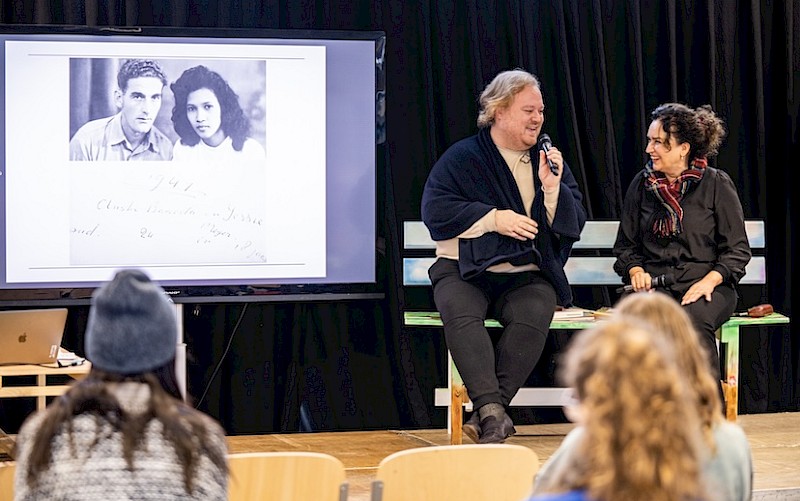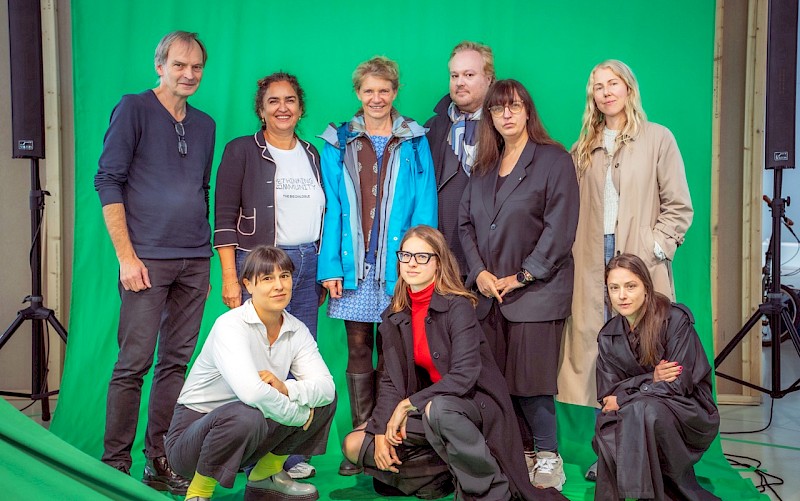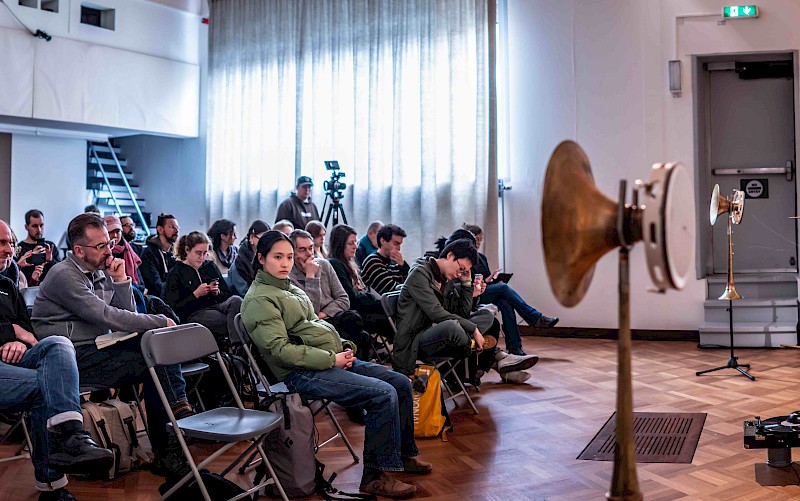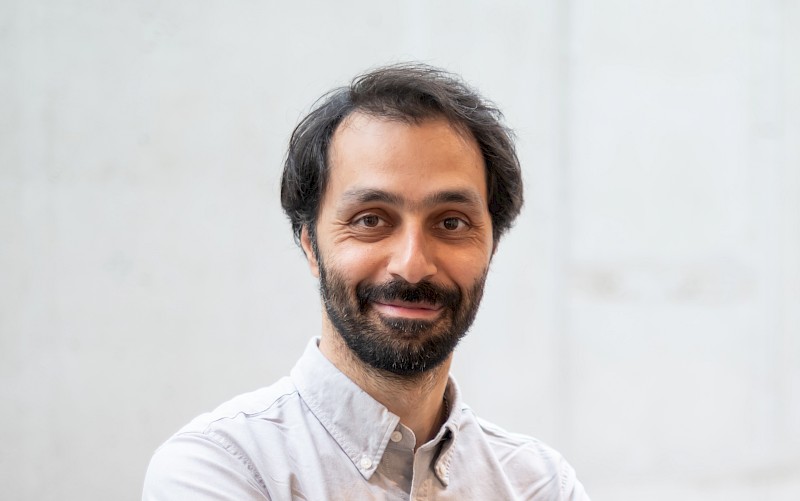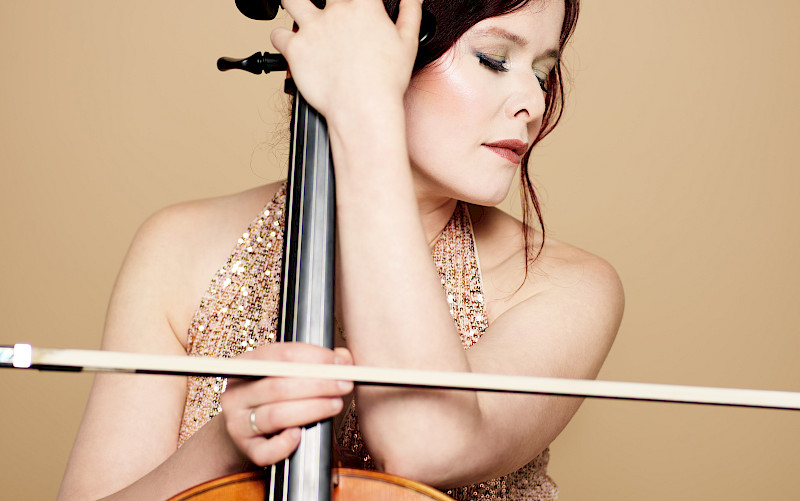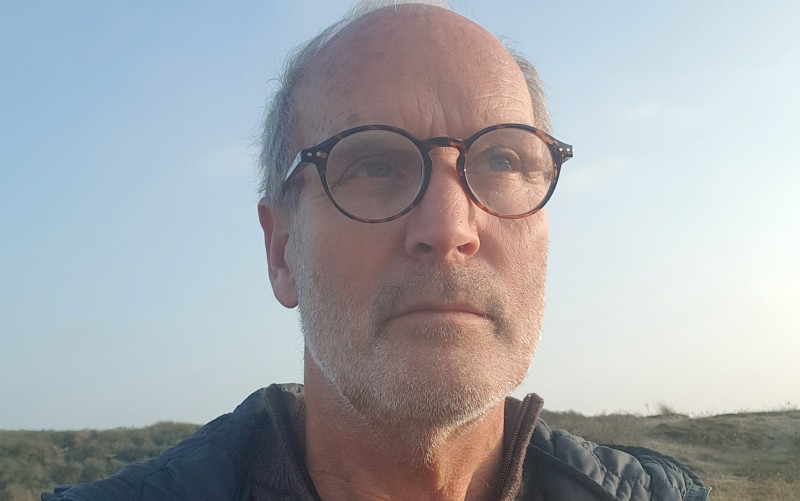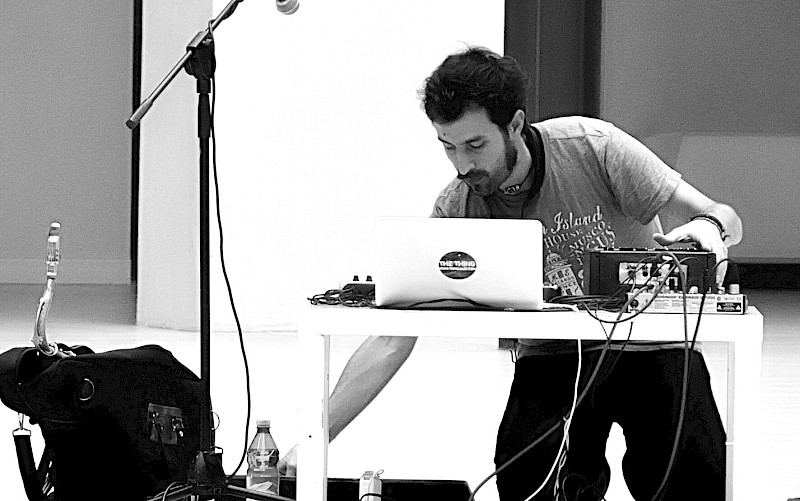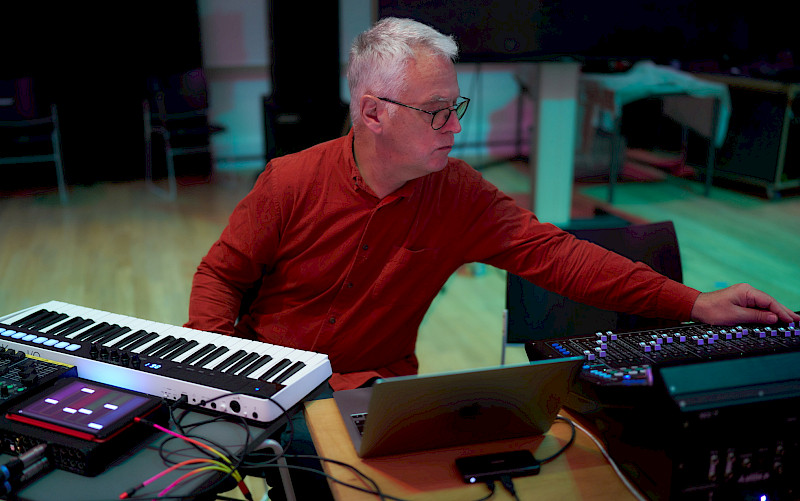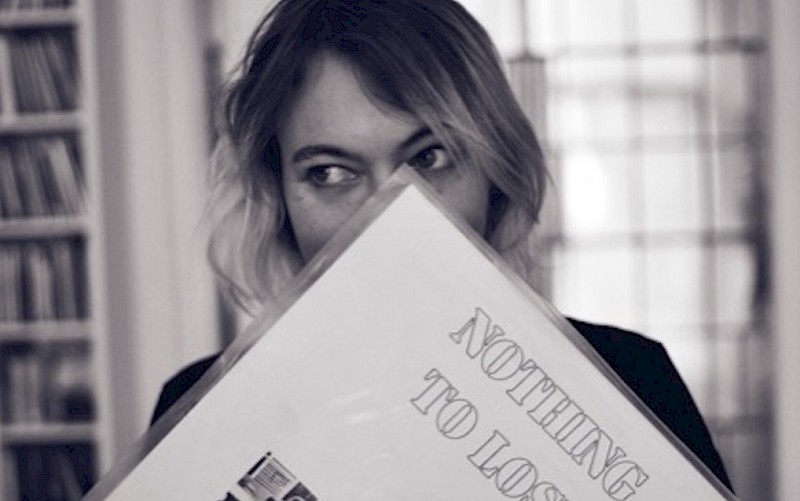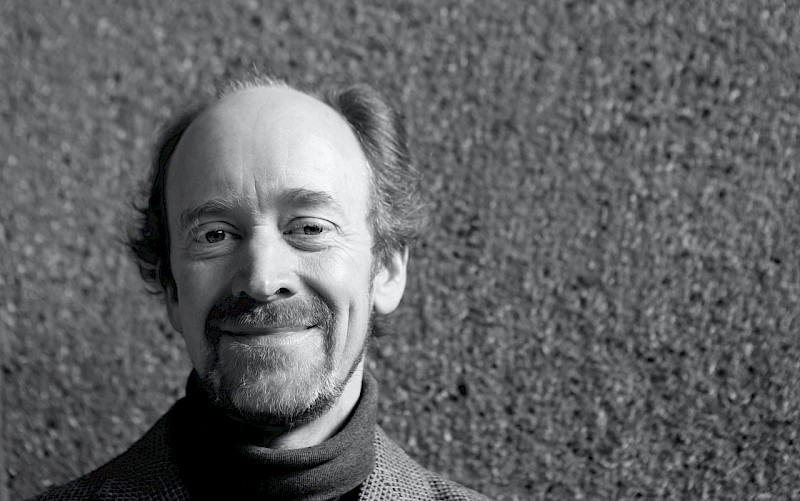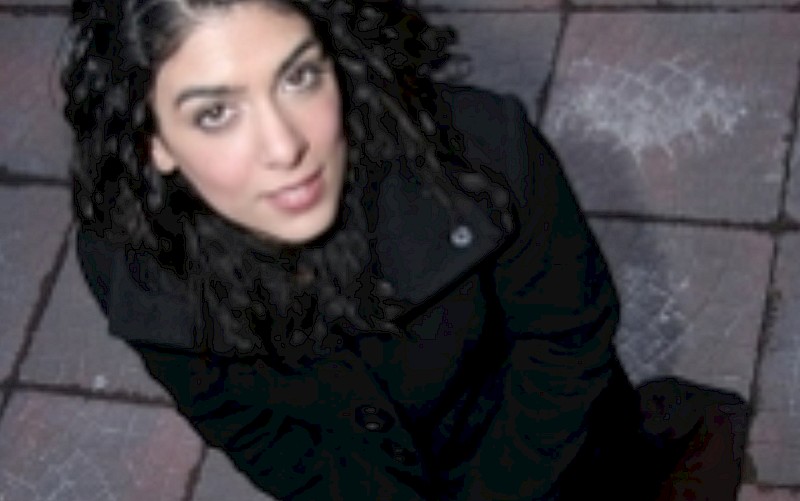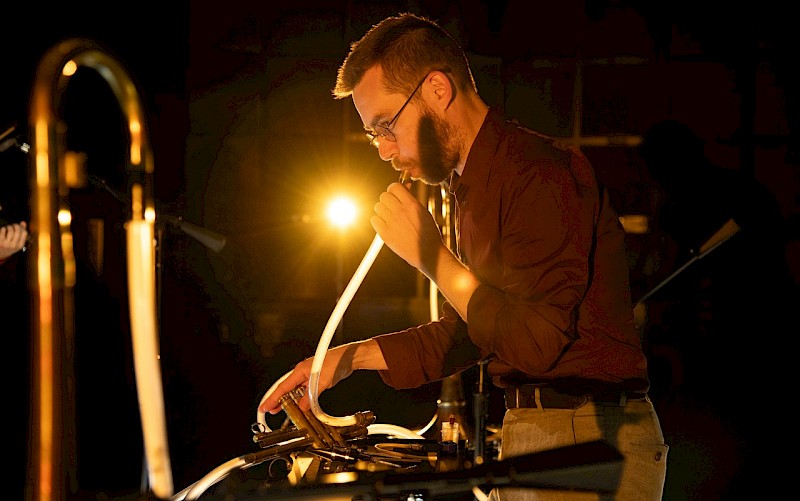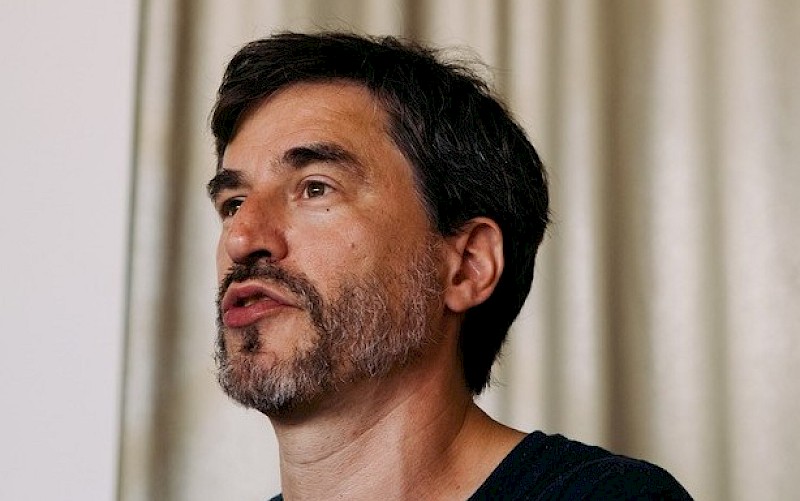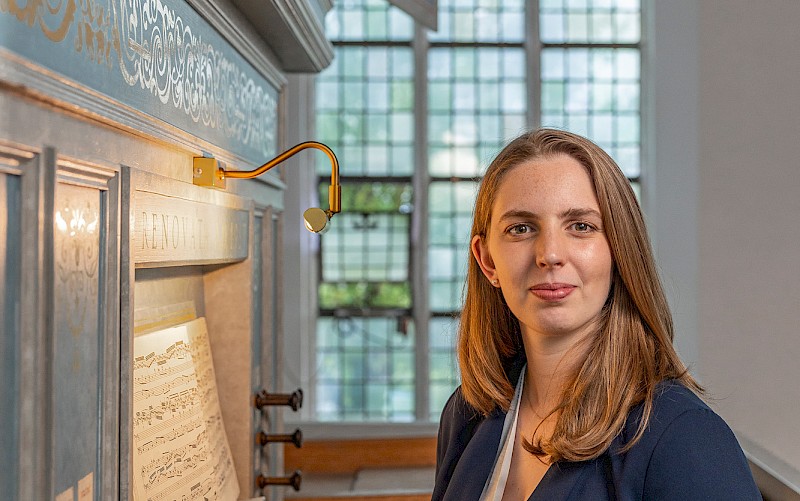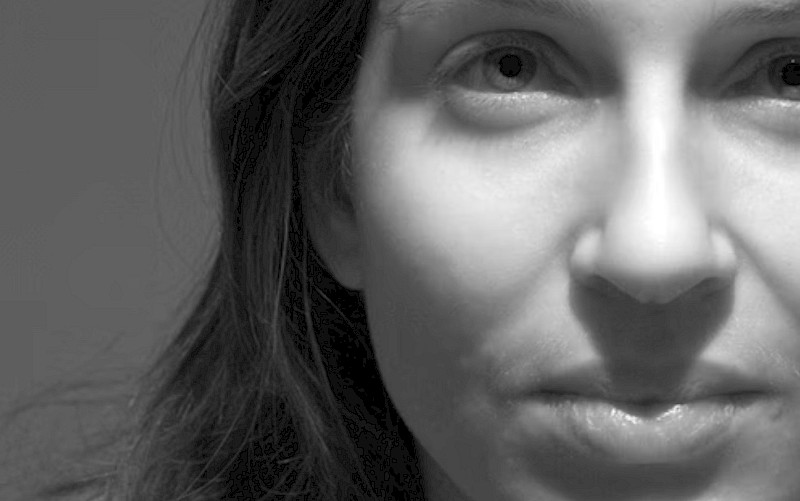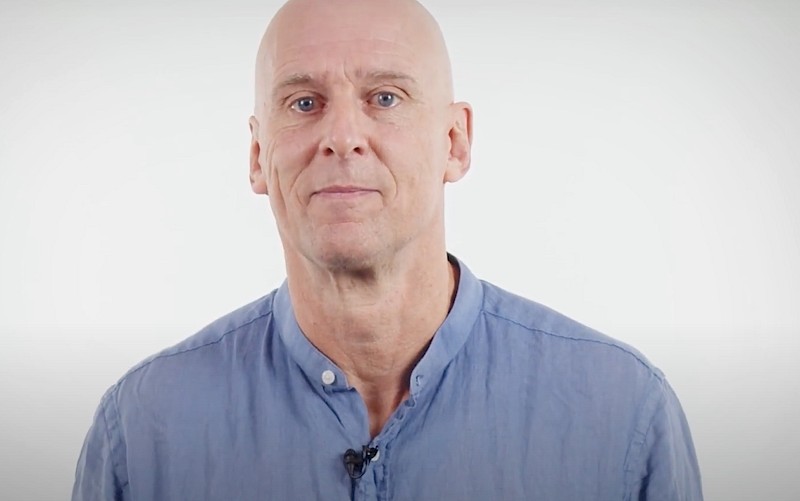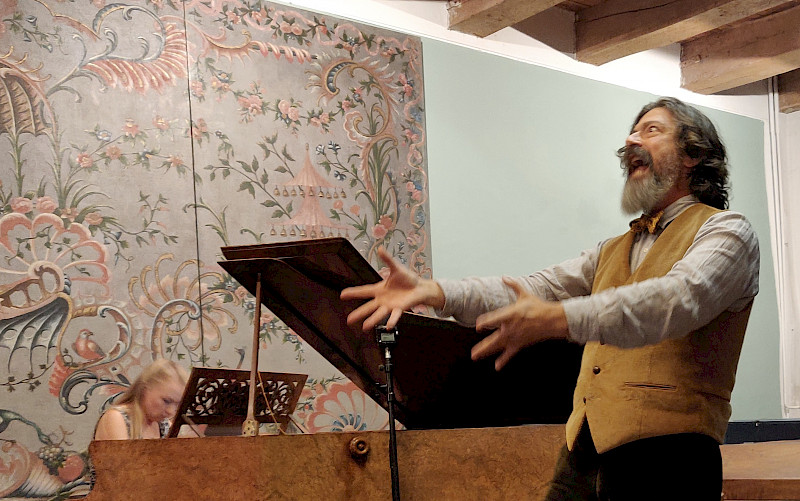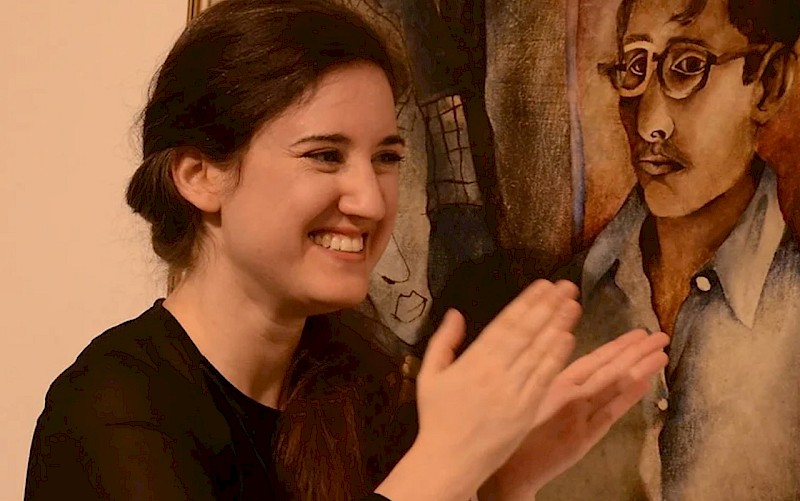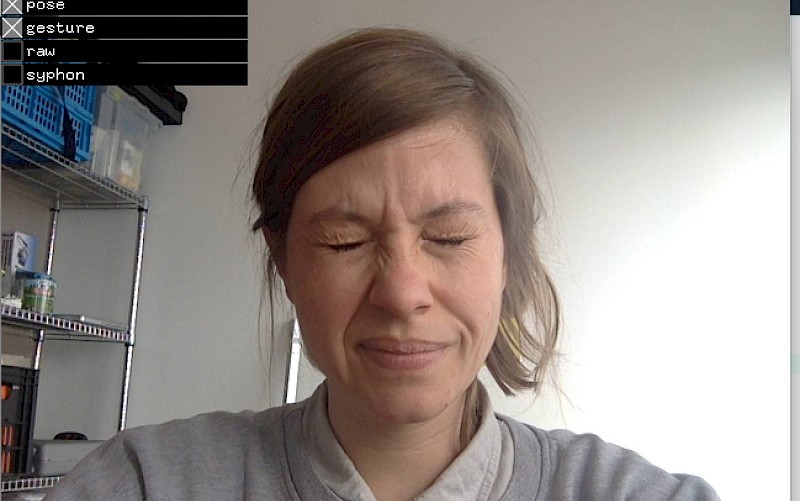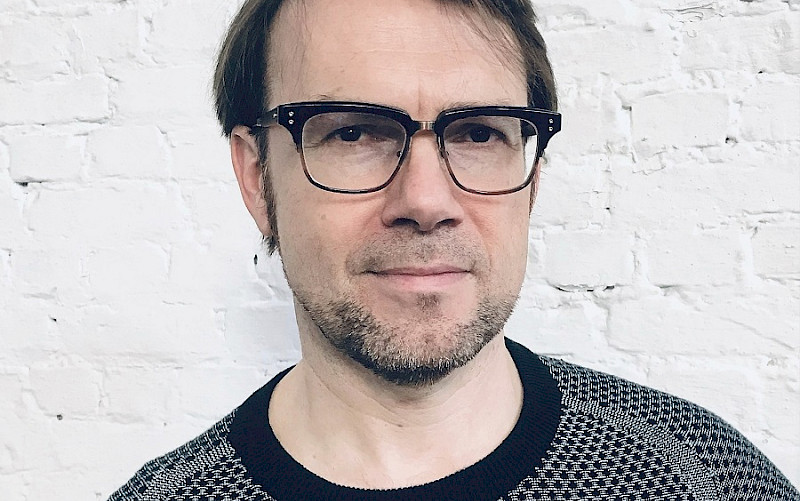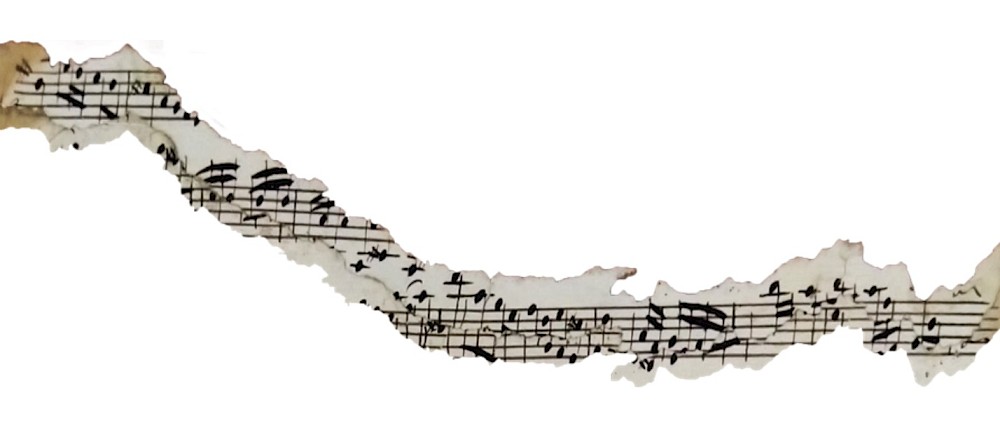
PhD Defence and concert of Carlo Diaz
You are cordially invited to the public defence and artistic presentation by Carlo Diaz of the research project 'Artistic Practices of Historical Sound’ on the 24th and 25th of June 2024.
The fields of historical performance and contemporary composition may not seem on first impression to share much. Insofar as the former is dedicated to reproducing the oldest music and the latter to inventing the newest, they can easily be understood as fundamental opposites. In context of this precise disciplinary opposition, however, this dissertation locates an opportunity for the advancement of both fields through an interdisciplinary practice and theorisation across them. Much cross-polination has certainly occurred between the two fields already, but it has largely been confined to performance spheres. Theorisations across the two remain rare. Key to the productivity of this dissertation is the identification of a complementary pair of analyses coming out of the two fields in the 1980s: critiques of the authenticity of historical performance on the one hand, with Richard Taruskin providing the classic example, and critiques of the possibility of artistic originality on the other, especially by Rosalind Krauss.
Viewed independently, each of these critiques can seem to present a vexing impasse. If historical performers cannot reproduce the past, what are they doing and why does it matter? Likewise, if contemporary composers cannot make anything new, the same questions apply. What can one do but acknowledge one’s shortcomings and carry on? As these debates of the 1980s wound down, this is exactly what happened. Each discipline resigned itself to its shortcomings and carried on as if the critiques had never been made. But a reevaluation is worthwhile, as something much more interesting happens when they are viewed across each other. The ontological problems they describe begin to look eerily similar, and a wide array of practices within both disciplines come to look like fundamental syntheses of mimesis and invention, memory and imagination. What previously obscured or devalued types of music might be freshly empowered by renewed attention to this synthesis?
Through comparative study of historical theory, critical theory, art theory, Englightenment and anti-Enlightenment philosophy, and the recent histories of historical performance and contemporary composition, alongside artistic experiments in a potent gray space between the two, this dissertation seeks to understand artistry and historicity in relation to broad ontological and epistemological problems of making and remaking in music. Special potency is found in archival manuscripts of long 18th–century Britain containing anonymous, fragmentary, or damaged notation. Through both compositional and interpretive experiments with these historical extracts of music notation, as well as theoretical reflection upon them, novel ways are found for aurally presenting the rich and complex intertemporality of musical practice and its surrounding cultures and histories.
Promotor
- Prof.dr. Richard Barrett
Co-promotor
- Dr. Anna Scott
Doctorate committee
- Prof.dr. Henk Borgdorff
- Prof.dr. Rachel Beckles Willson
- Prof.dr. Daniel Leech-Wilkinson
- Howard Skempton
Concert on the 24th of June at 20:00
Carlo Diaz will present his PhD artistic work as a concert at Huygens’ Hofwyck, Westeinde 2a in Voorburg.
For musicians, fragments present an interesting challenge. On the one hand, they suggest a previously whole form that one might strive to recover. On the other hand, the only way to make music from them is to imagine beyond what’s actually there. No matter one’s strategy, the result is always part historical, part contemporary. This concert and the PhD research of which it forms a part takes this exact phenomenon as its starting point. Using diverse archival notation, but especially materials from the personal collection of John Freeman Milward Dovaston (1782–1854), composer and artistic researcher Carlo Diaz puts forward the results of numerous strategies for making music out of materials bearing the historical weight of damage, loss, or incompletion in such a way that their indeterminate, expectant, and ambiguous qualities shine through our own constant development, impressionability, and change of mind as participants in contemporary musical cultures.
The concert will be performed by:
- Lucie Montbessoux, traverso
- Emma Williams, violin
- Luca Alfonso Rizzello, violin
- Ivan Saez Schwartz, viola
- Alon Portal, viola da gamba
- Aljosja Mietus, harpsichord
There are very limited seats available for the concert. Please register here. Your registration will be confirmed by ACPA within a few days.
PhD Defence 25 June at 11:15
The defence will take place at the Academy Building, Leiden University, Rapenburg 73, Leiden or online via the Leiden Livestream. There's no need to register.
We are looking forward to welcoming you at the artistic presentation and public defence.
